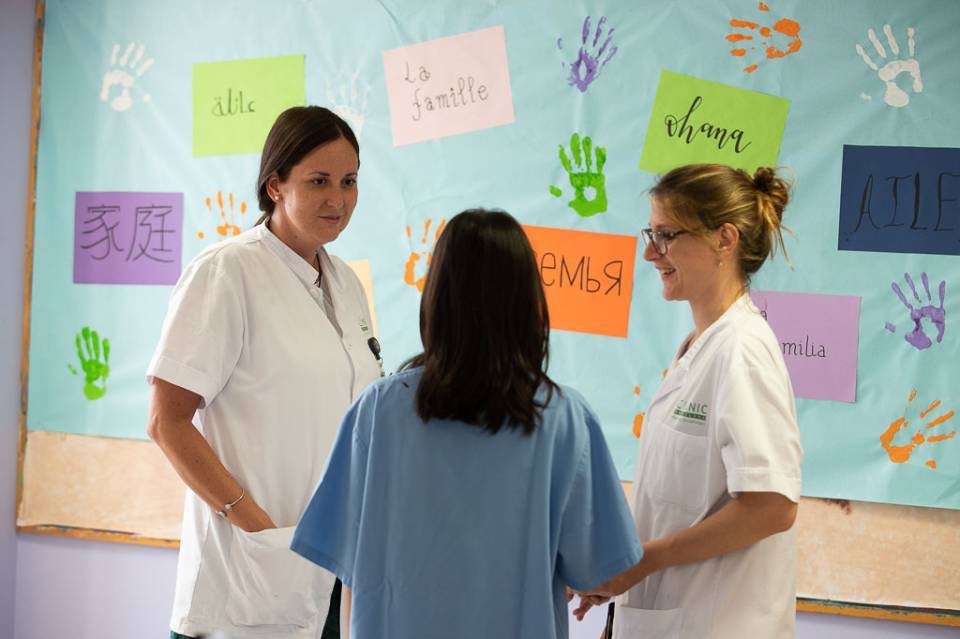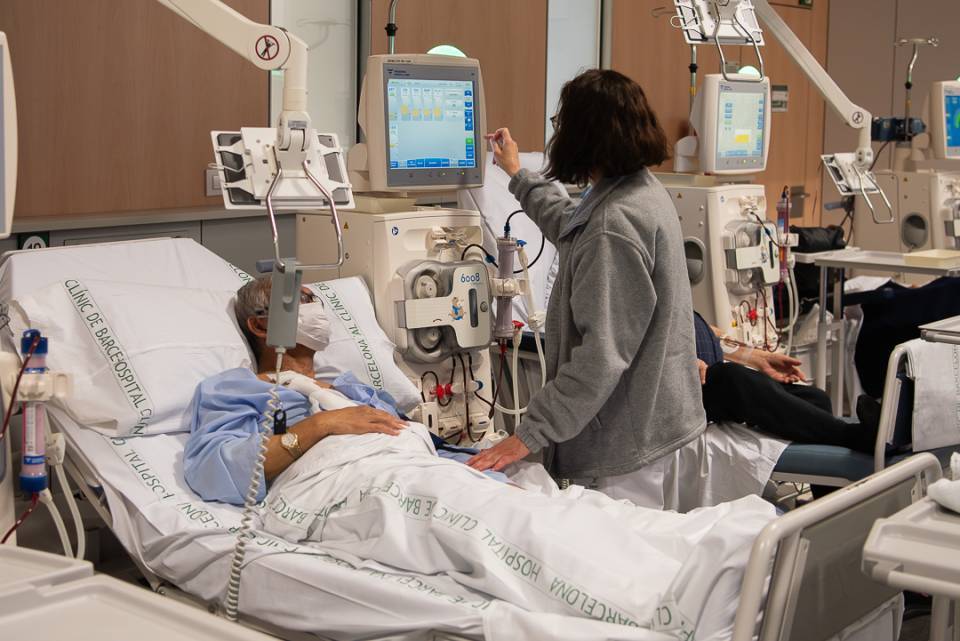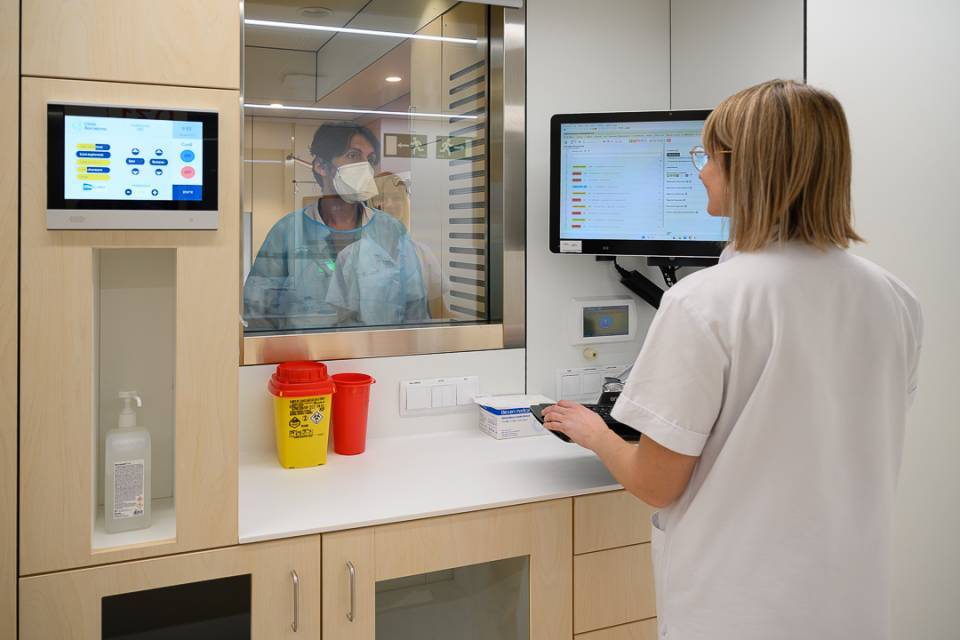Until now, healthcare centres have spent most of their time providing care for long-term diseases and mental disorders. This has a notable impact on people with schizophrenia, as early detection improves the prognosis for this disorder.
To be able to intervene in the early stages of psychosis, it is essential to provide tools and resources for the professionals who have the most contact with the population at risk of developing it. This means we need to support primary care, the educational sphere and the social services. In fact, this would also be useful for making early detection possible, as it has been observed that before the first psychotic episode happens, signs are often presented that in many cases are not attended to effectively.
Sufficient coordination between mental health specialists and primary care, social services and education professionals is today still a challenge to be faced. Some emerging early detection programmes are now becoming available, and their activity should be assessed and reinforced.
Meanwhile, the treatments offered in mental health care should give more consideration to the characteristics of people with this disorder, especially in its initial stages. These are young people who are very reluctant to consult a doctor, with insufficient psychological care and a high prevalence of drug use. Alongside this, to improve the effectiveness of monitoring these patients, we would need to avoid long waiting lists and long intervals between visits.
In conclusion, it is now a priority goal to transition as soon as possible to specific programmes for psychosis, adapted to young people and their needs.




